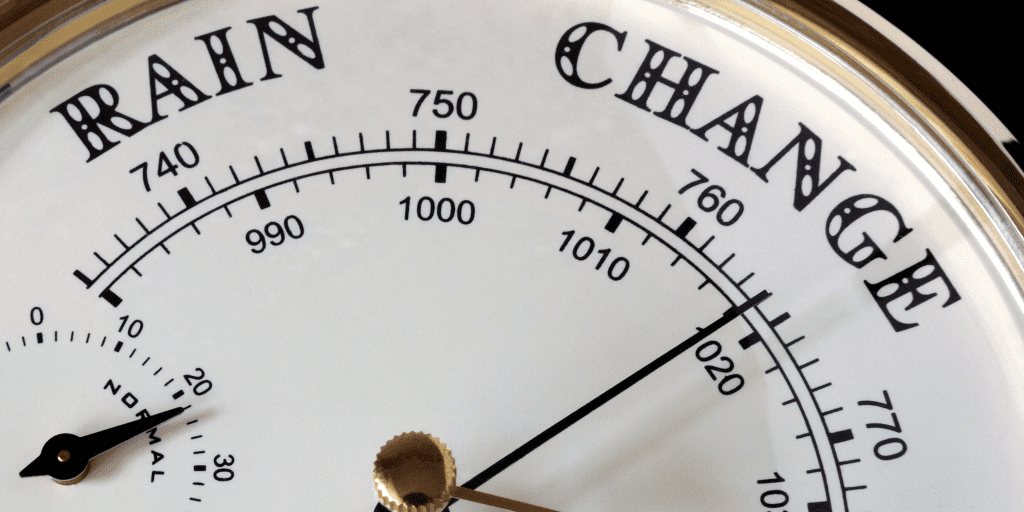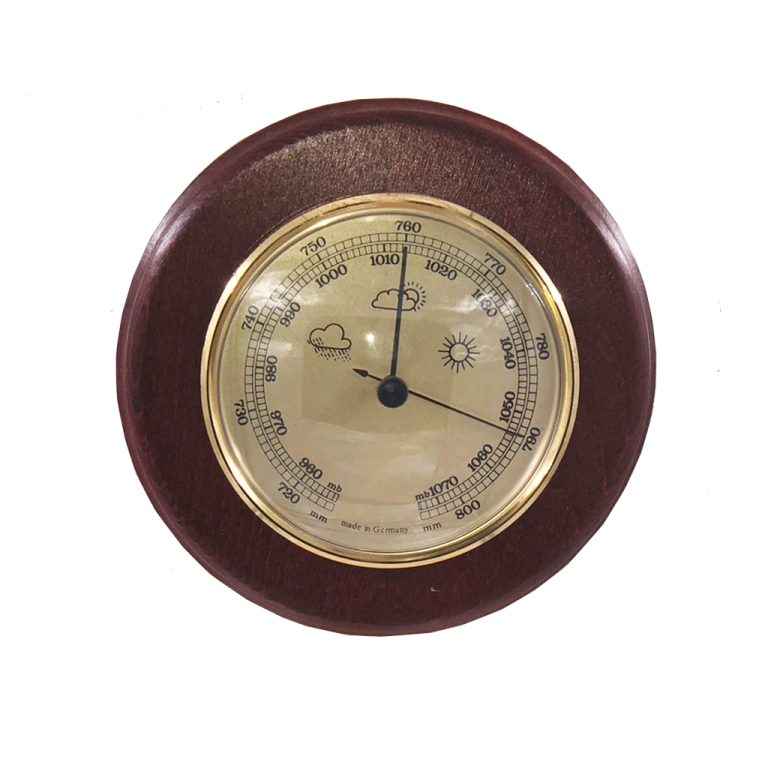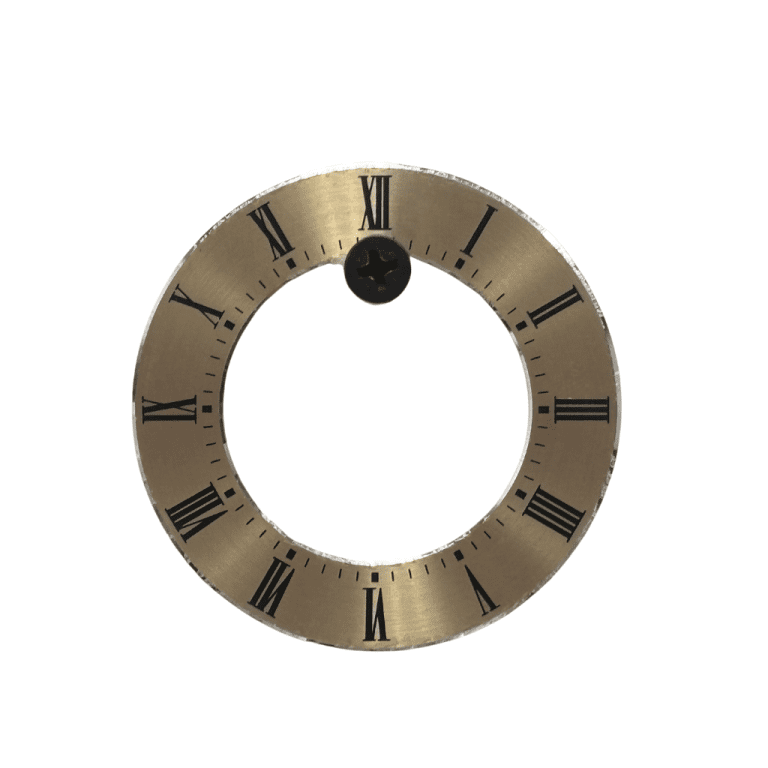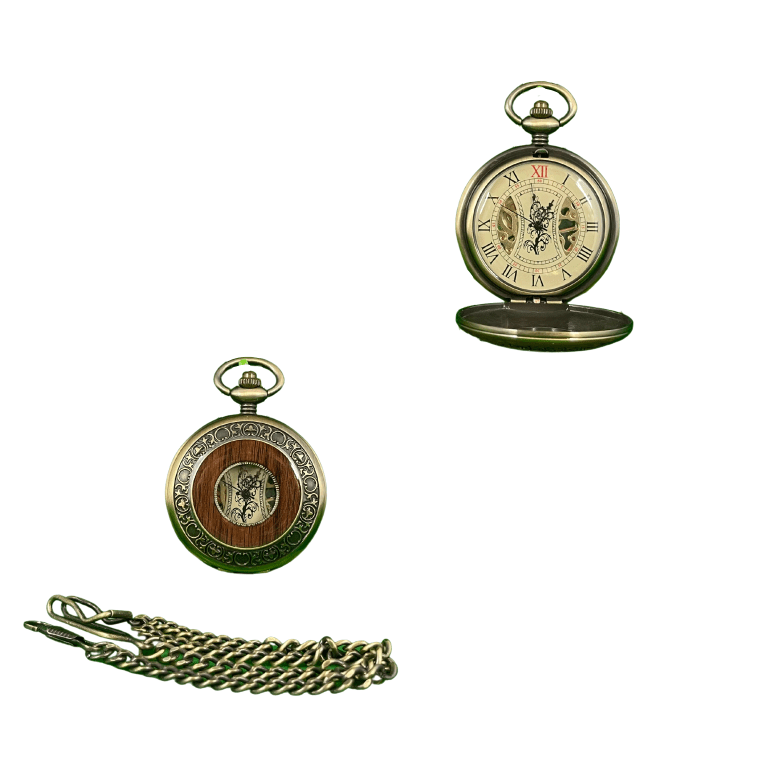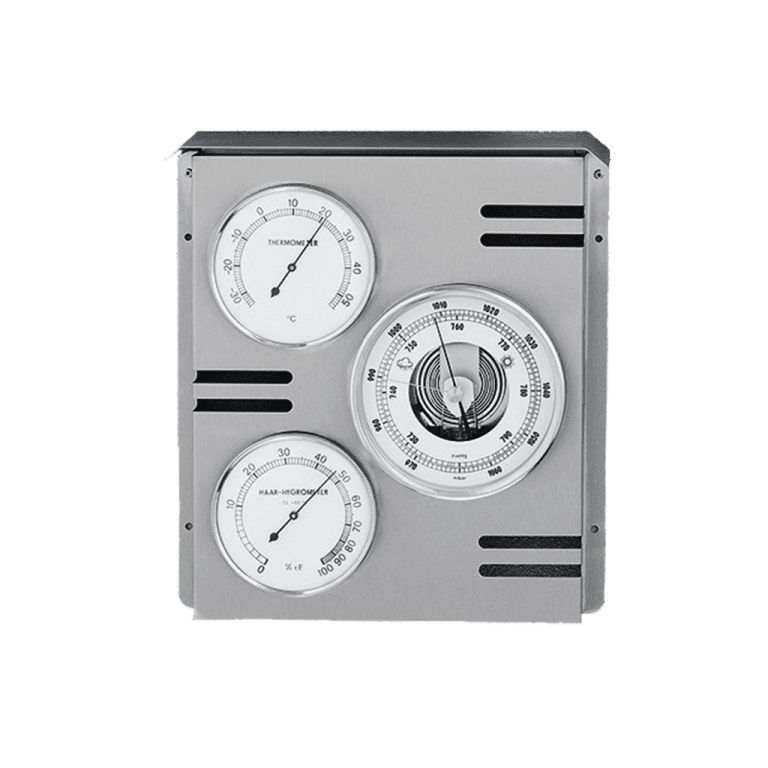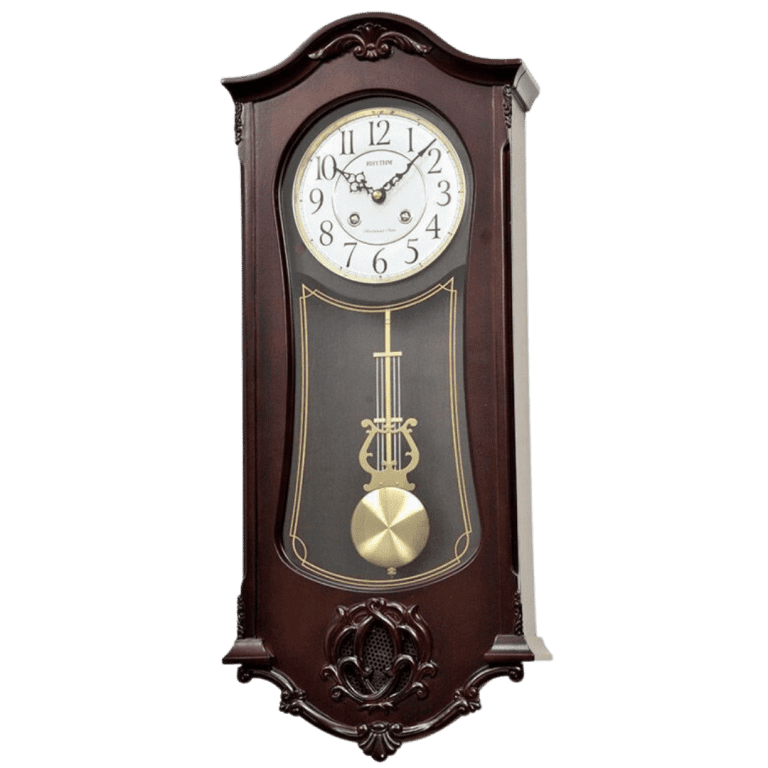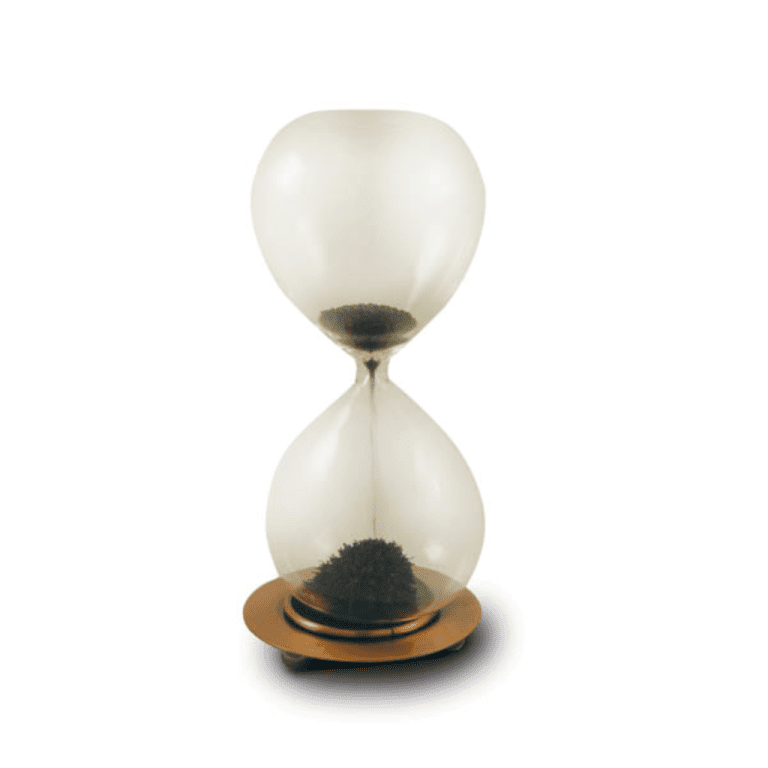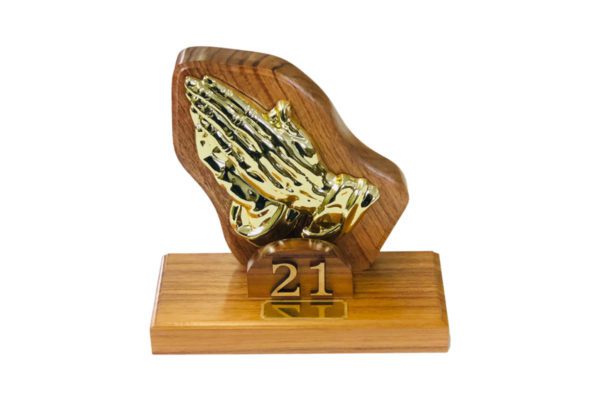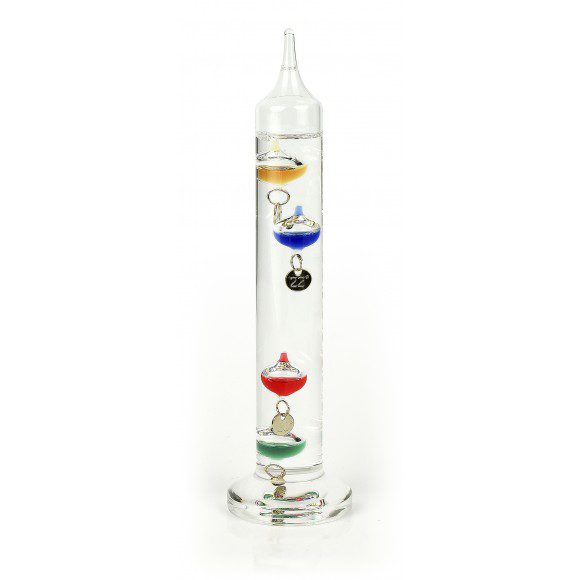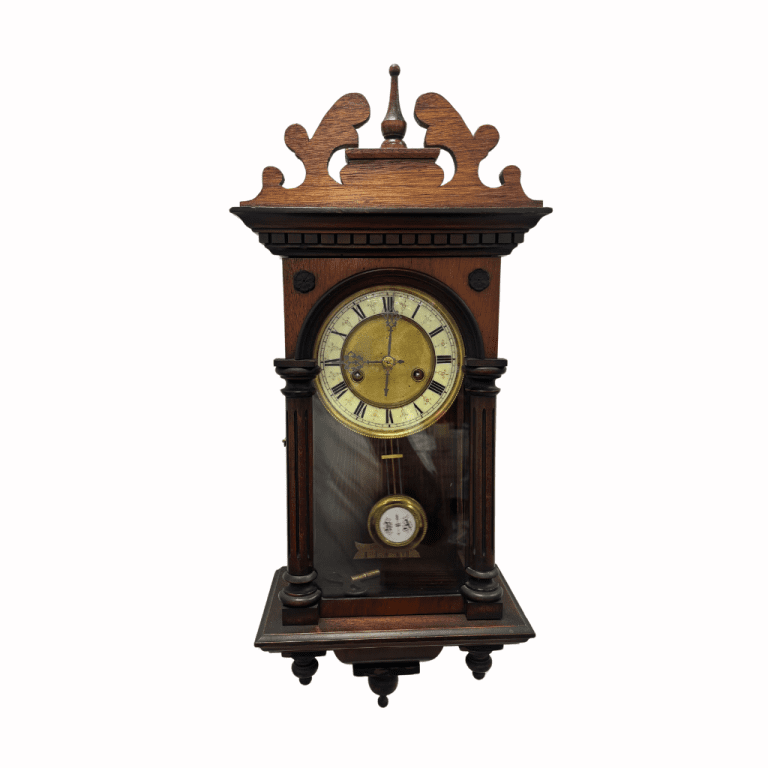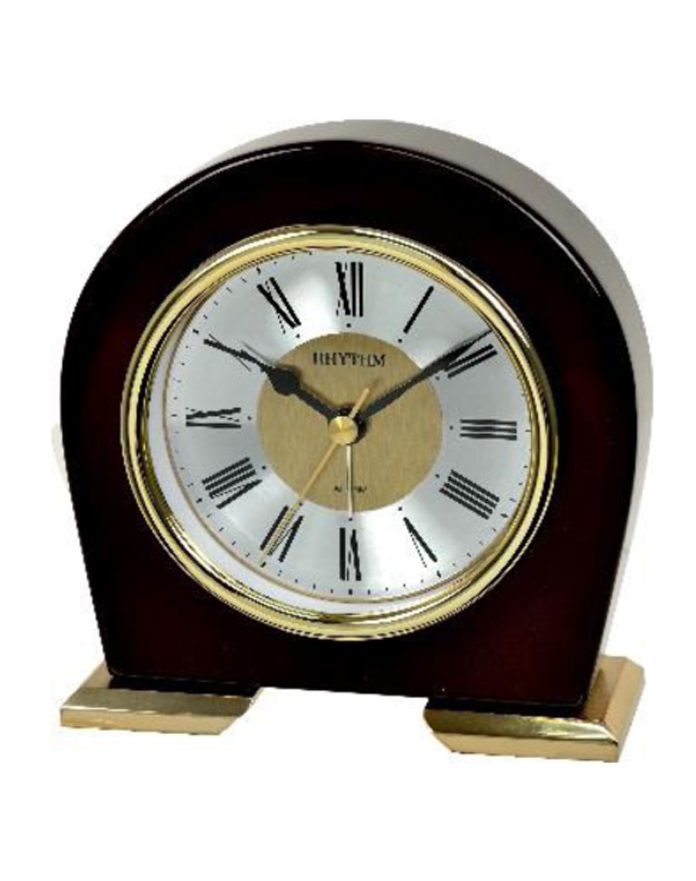Modern barometers are beautifully crafted scientific instruments and ornaments used by sailors and meteorologists alike, but how do they work and who created them?
Mylor Chandlery will guide you through the fascinating facts associated with these mysterious weather predicting instruments, and why you need one in your home and cabin right now!
There are three different types of barometer: In meteorology you’re likely to come across aneroid barometers, that measure pressure without using a liquid, and mercury barometers which consist of a vertical glass tube immersed in a vessel filled with mercury. Mercury will therefore rise as the atmospheric pressure does. You’ll also come across cutting-edge digital alternatives that can be used by everyone, from amateur observers to professional meteorologists.
Who Invented The Barometer? The first mercury barometer was created in 1600s by an Italian physicist and mathematician Evangelista Torricelli. A student of Galileo, he began using his own vacuum theory to gauge air pressure and make predictions from there.
Your Phone Could Be A Barometer… Many modern smart phones now have pressure sensors built into the design to pick up changes in weather and to calculate your current altitude.
Barometers use pressure to predict the weather: Barometers measure barometric (atmospheric) pressure. The layers of air in the Earth’s atmosphere has a weight which is pulled to towards the planet’s surface by gravity. Barometers work by picking up on the varying pressure, and since weather is determined by the motion of air in the atmosphere, it allows the user to monitor the changes and predict what the weather will do over short periods of time.
They were a status symbol: When barometers were first invented, they were desirable instruments and compelling talking points that adorned the homes of the wealthy and scientifically minded.
Where does the name ‘Barometer’ come from? Although Torricelli invented the barometer, the name is credited to Englishman Robert Boyle who coined the term in the mid 1600s. He did so by combining two words, which in Greek means “measuring weight”.

